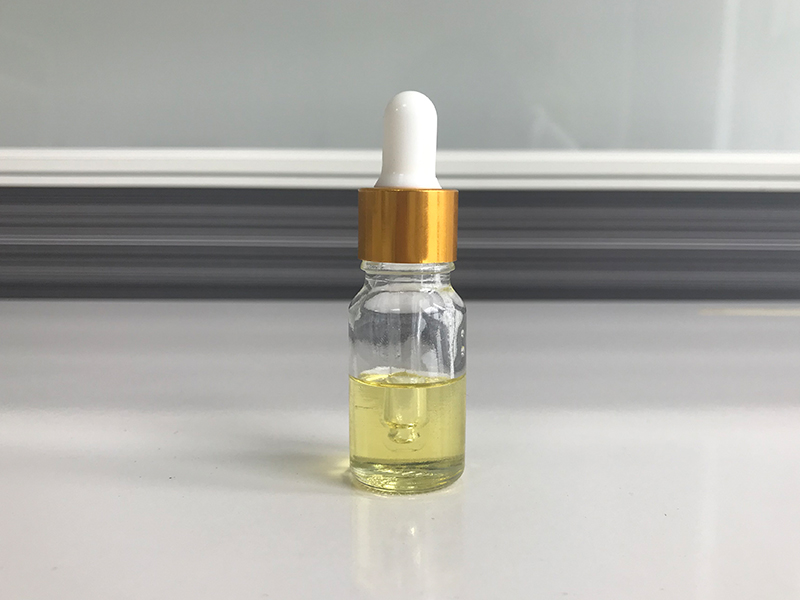DHA Algal Oil is an oil derived from microalgae that is rich in DHA, which is an omega-3 fatty acid. DHA is an essential component of the human brain and plays a crucial role in its development and function. It is also important for the development and maintenance of the eyes, particularly the retina.
Traditionally, DHA has been obtained from fish oil, but DHA Algal Oil provides a vegetarian and vegan-friendly alternative. The microalgae used in the production of this oil are a natural source of DHA, and they are the same microalgae that fish consume to accumulate DHA in their tissues.
DHA Algal Oil supplements are often taken for their potential benefits in supporting brain health, cognitive function, and eye health. They are particularly popular among individuals who follow vegetarian or vegan diets, as well as those who may have concerns about potential contaminants in fish oil.
It’s always a good idea to consult with a healthcare professional before starting any new supplement regimen, especially if you have specific health concerns or conditions.

How to use DHA Algal Oil?
DHA algal oil is a plant-based source of omega-3 fatty acids, specifically docosahexaenoic acid (DHA), which is essential for brain health and overall well-being. It is commonly derived from microalgae, making it a suitable option for individuals who follow a vegetarian or vegan diet. Here’s a guide on how to use DHA algal oil:
1.Check the Label:
Before using any supplement, it’s essential to check the label for dosage recommendations and any specific instructions provided by the manufacturer. This will help ensure that you are using the product correctly.
2.Consult with a Healthcare Professional:
If you are considering adding DHA algal oil to your diet, especially if you have any pre-existing health conditions or are pregnant, it’s advisable to consult with a healthcare professional. They can provide personalized advice based on your individual health needs.
3.Choose a High-Quality Product:
Select a reputable brand that produces high-quality DHA algal oil supplements. Look for products that are tested for purity and potency to ensure you are getting a reliable and safe source of omega-3 fatty acids.
4.Take as Directed:
Follow the recommended dosage on the product label or as advised by your healthcare provider. It’s important not to exceed the recommended dosage, as excessive intake of omega-3 fatty acids can have adverse effects.
5.Incorporate into Meals:
DHA algal oil supplements often come in softgel or liquid form. You can incorporate them into your meals by taking them with a meal that contains some healthy fats, as this may enhance the absorption of the omega-3 fatty acids.

6.Consider Your Diet:
While taking DHA algal oil supplements, also consider incorporating other sources of omega-3 fatty acids into your diet, such as flaxseeds, chia seeds, walnuts, and certain types of algae. A well-rounded diet can contribute to overall health.
7.Store Properly:
Follow the storage instructions provided on the product label. Typically, omega-3 supplements are sensitive to light and heat, so store them in a cool, dark place.
8.Monitor for Side Effects:
Pay attention to how your body responds to the supplement. While DHA algal oil is generally well-tolerated, some people may experience mild gastrointestinal issues. If you notice any adverse effects, consult with your healthcare provider.
Remember that individual needs may vary, and it’s always a good idea to seek personalized advice from a healthcare professional when incorporating new supplements into your routine.
